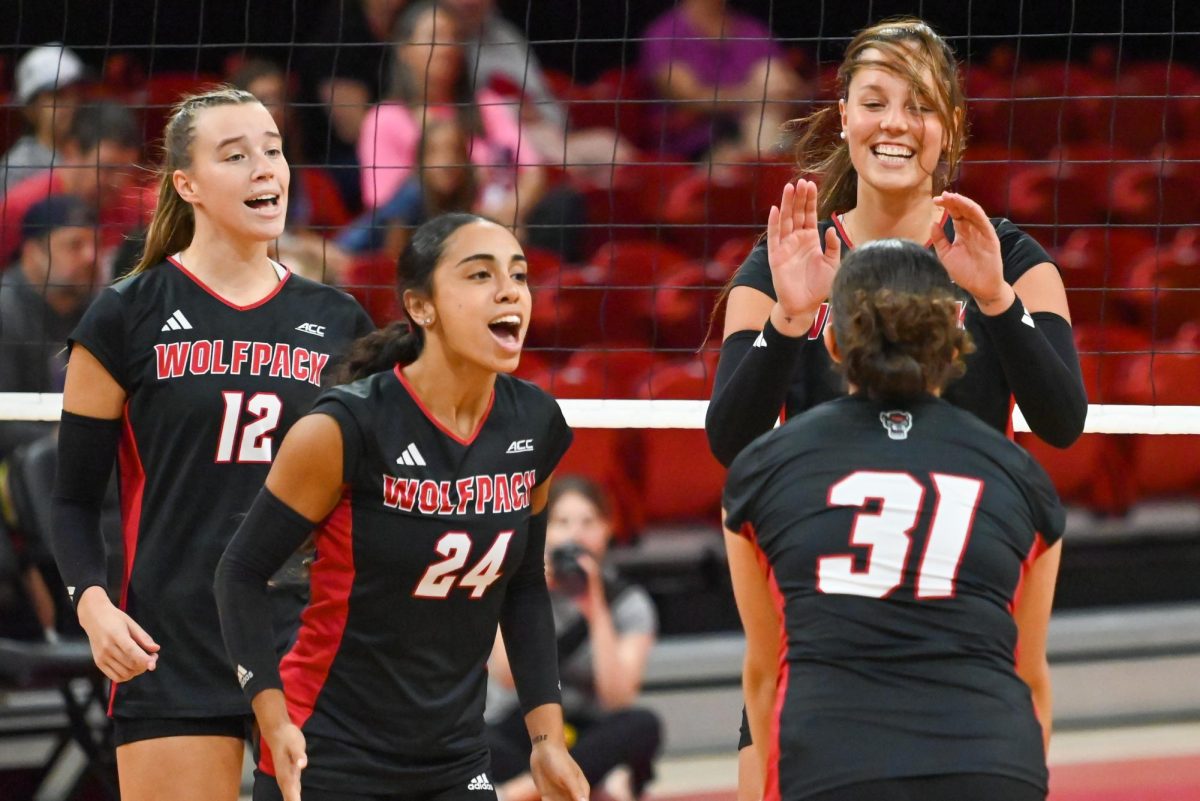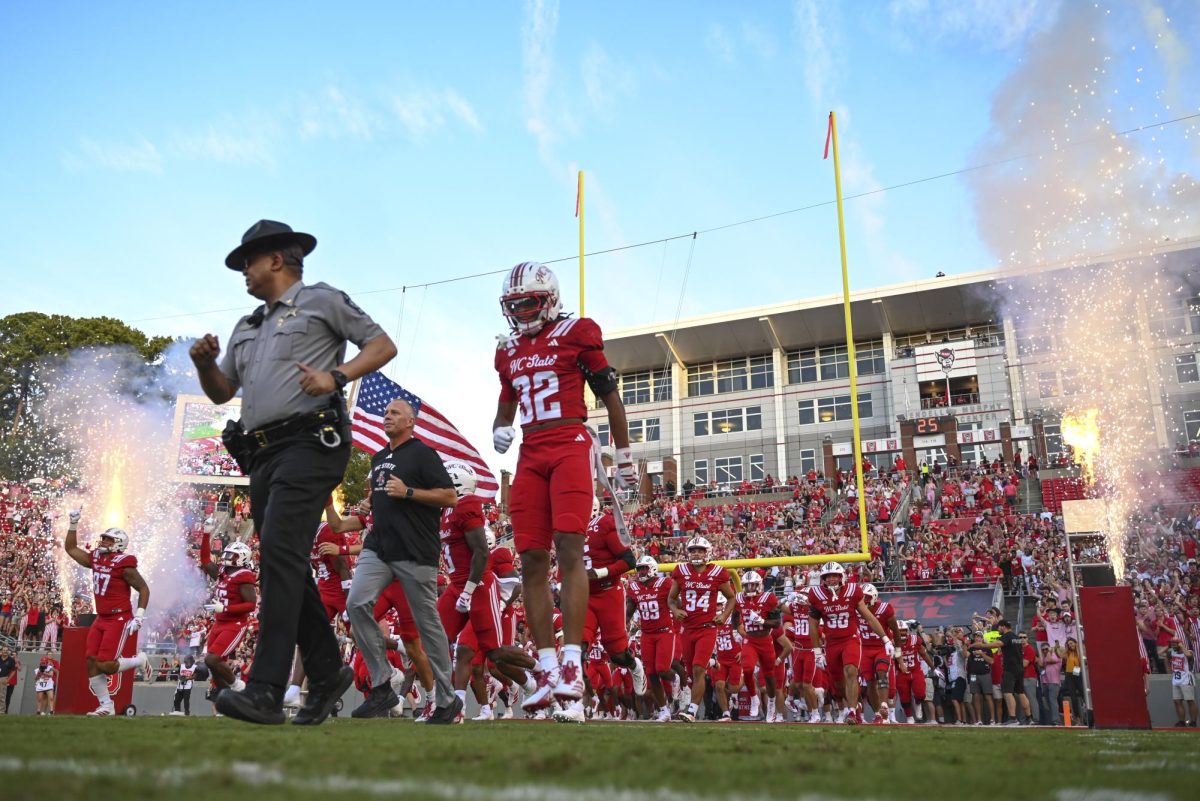N.C. State professors use email as a primary means of communication with their students.
According to a recent column from The New York Times, some students around the country don’t like to check emails, but prefer social media and texting.
“Email has never really been a fun thing to use,” Morgan Judge, a sophomore at Fordham University in New York, told The New York Times. “It’s always like, ‘This is something you have to do.’ School is a boring thing. Email is a boring thing. It goes together.”
Director of Enrollment Management in the College of Natural Resources, Tiffany McLean, emphasized the importance of getting students in the habit of using their email.
“If we don’t start setting expectations with students and teaching them proper email etiquette and the importance of checking emails, then we’re not setting them up for success in the business world,” McLean said. “The business world is not going to adjust to the students.”
McLean said in her first meetings with classes or student organizations, she makes it clear that students are expected to communicate by email and respond within 72 hours.
She said that when these rules are set, she doesn’t have any problems.
“I check my emails because it goes to my phone,” said Hayden Black, junior majoring in Sport Management. “If I did not get notifications to my phone, I probably would not check it. I don’t use it too often because only one of my teachers emails me and I haven’t had the need to contact others.”
Dara Leeder, director of Student Recruitment and Retention at the College of Humanities and Social Science, often uses email to communicate with students.
She said students tell her that the emails they receive are very helpful, though there are still many students that request not to receive them.
“I think that faculty and staff should continue to set the expectation from the beginning of our students’ time here that they must check their email on a regular basis, or they will miss out on crucial messages or interesting opportunities,” Leeder said.
Leeder said it is very important to get students accustomed to email communication as a precursor to the communication they will do in the future as part of internships and full-time jobs.
“Texting and social media are fine for some purposes, but tend to be very informal, without proper greetings, spelling and sentence structure,” Leeder said. “Students should be exposed to more professional forms of communication that convey their messages with respect, intelligence and courtesy.”
Leeder said she thinks communication between students and faculty as a whole is good. The faculty tries to treat students as adults and hope they will take responsibility to fulfill their end of the communication partnership.
“I feel like I can communicate really well through email with teachers and most of them respond real quickly,” said Kirby Haigler, a freshman in engineering. “I’d rather try to do office hours because they highly advertise. Through my experience, I’ve been mostly able to reach most of my teachers well.”
Leeder said that she hears students regularly do not go to their teachers’ office hours to talk about their classes, research, career or academic goals.
“In-person interaction is the best way of forging a connection with instructors who have valuable advice to impart,” Leeder said.
Janell Moretz, lecturer and advisor in parks, recreation and tourism management, said email has been useful for students in her department.
“Email is the primary way that we inform the students of events, volunteer opportunities, scholarships, internships and jobs,” Moretz said. “It has served this purpose well. Many of the students have thanked me for the emails, as it has led them to great opportunities.”
In her class, Moretz teaches students proper email etiquette to use when emailing professors.
According to McLean, students often go to the academic affairs office, saying they did not receive any information about jobs, internships and opportunities for leadership development when, in fact, they did have the information communicated to them via email.
“If it’s something that benefits students such as some great job opportunities, as a professional I’m not going to be as invested to going to all those social media outlets because I’m not the one that benefits from those emails, the students do,” McLean said.




